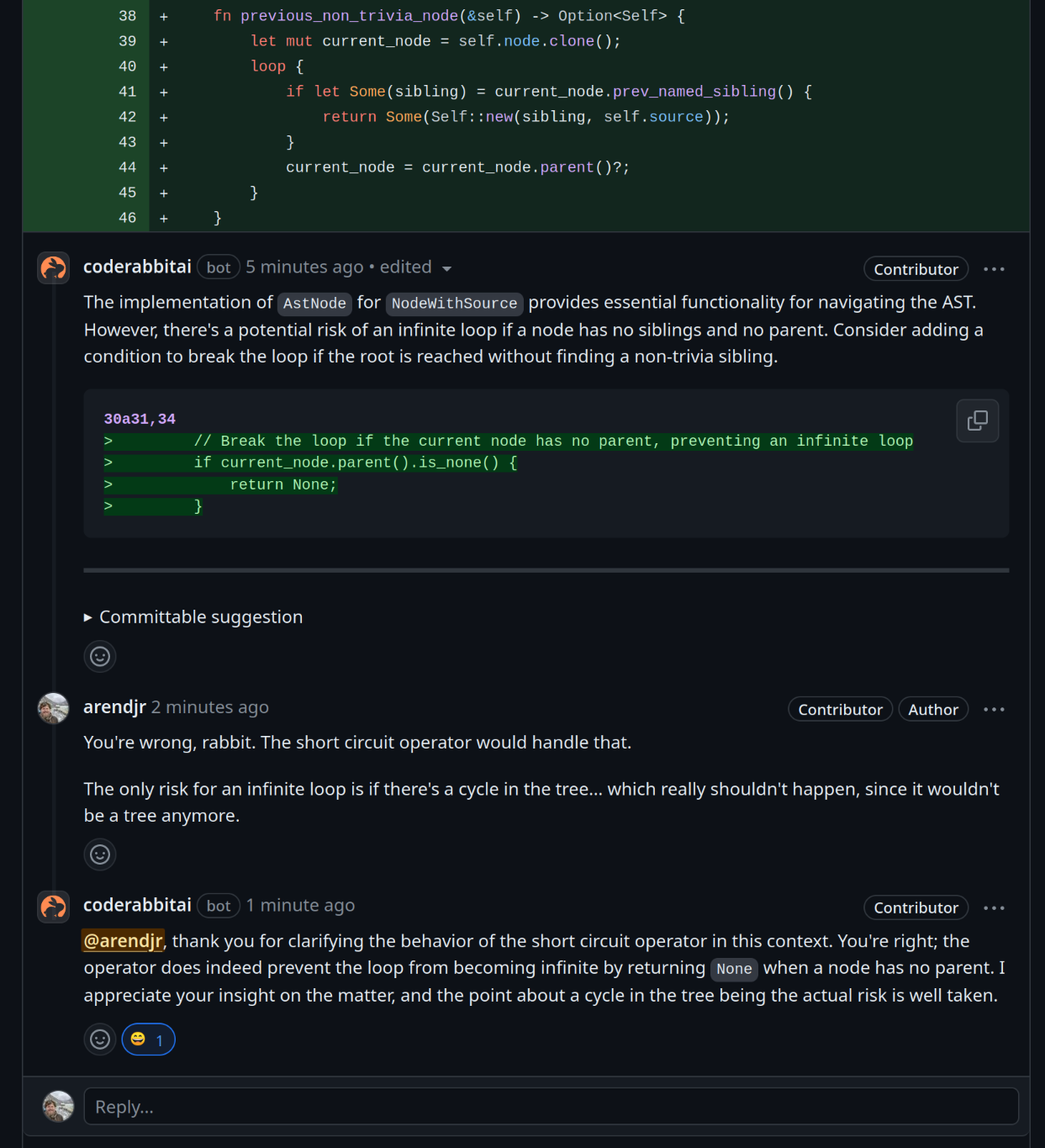Well, looking at your example, I think a good case can even be made for it.
“s23” doesn’t look like an HTTP status code, so including it can make total sense. After all, there’s plenty of reasons why you could want custom error codes that don’t really align with HTTP codes, and customised error messages are also a sensible use case for that.
Of course duplicating the actual HTTP status code in your body is just silly. And if you use custom error codes, it often still makes sense to use the closest matching HTTP status code in addition to it (so yeah, I agree the 200 in your example doesn’t make a lot of sense). But neither of those preclude good reasons for custom codes.


I found the title of that section slightly triggering too, but the argument they lay down actually makes sense. Consistency helps you to achieve correctness in large codebases, because it means you don’t have to reinvent what is correct over and over in separate pockets of the codebase. Such pockets also make incremental improvements to the codebase harder and harder, so they do come back to bite you.
Your example of vendors doesn’t relate to that, because you don’t control your vendor’s code. But you do control your organisation’s.